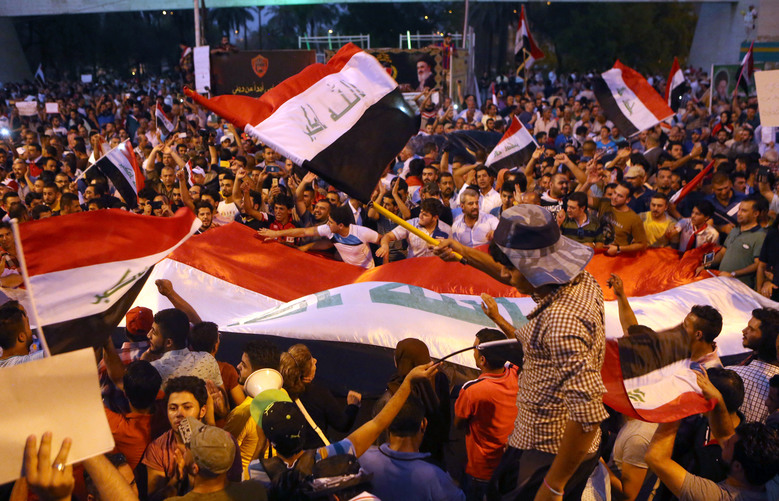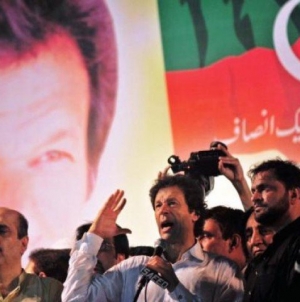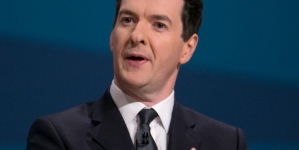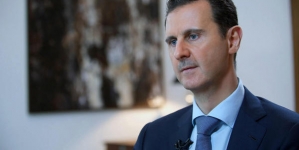-
Tips for becoming a good boxer - November 6, 2020
-
7 expert tips for making your hens night a memorable one - November 6, 2020
-
5 reasons to host your Christmas party on a cruise boat - November 6, 2020
-
What to do when you’re charged with a crime - November 6, 2020
-
Should you get one or multiple dogs? Here’s all you need to know - November 3, 2020
-
A Guide: How to Build Your Very Own Magic Mirror - February 14, 2019
-
Our Top Inspirational Baseball Stars - November 24, 2018
-
Five Tech Tools That Will Help You Turn Your Blog into a Business - November 24, 2018
-
How to Indulge on Vacation without Expanding Your Waist - November 9, 2018
-
5 Strategies for Businesses to Appeal to Today’s Increasingly Mobile-Crazed Customers - November 9, 2018
Iraqi premier unveils reforms after anti-government protests
Emboldened by widespread anti-government protests and a call by a leading Shia Muslim cleric for tougher action, Abadi announced measures over the weekend aimed at reforming a system critics say hands high office to unqualified candidates and encourages corruption.
Advertisement
The plan also effectively would push out of government former Prime Minister Nouri al-Maliki, widely criticized for inflaming sectarian tensions and appointing loyal, less-qualified senior officers to Iraq’s military ahead of the Islamic State group’s advance previous year.
Parliament speaker Selim al Jabouri said Monday at a press conference he would meet with several political groups to discuss the government’s reform plan, before proceeding to vote on Tuesday.
“He must be more daring and courageous in his reforms“, said Ahmed al-Safi, a representative of the reclusive Sistani. He said on Friday that Abadi had not done enough to fight corruption within the Iraqi state.
The move, reportedly approved by Iraq’s cabinet on Sunday, is an attempt to dismantle the sectarian system left in Iraq after the US invasion in March 2003 and overthrow of dictator Saddam Hussein and the subsequent short rule of the Coalition Provisional Authority, which handed power back to the Iraqi interim government in June 2004.
Maliki and Nujaifi said on Sunday that they supported the reform drive, indicating that the proposed changes may have been made as part of a deal they endorsed.
Having an average of seven hours of electricity per day, Iraqi households are faced with hazardous conditions during this summer’s relentless heat, with temperatures surpassing 50 degrees Celsius (120 degrees Fahrenheit).
On Friday, Iraqi people staged protests in a number of cities against alleged graft among government officials and the shortage of electricity and water.
The plan also calls for the review of all corruption cases by a committee of experts, with fresh trials for officials suspected of wrongdoing.
“Fighting corruption and abolishing redundant posts is good, but these decisions are not well studied and I think neither the cabinet nor parliament will approve them”, Mahmoud Othman, a Kurdish lawmaker, said by phone.
Al-Abadi proposed to eradicate the political positions of vice president and deputy prime minister. The Shiite religious leaders in the holy city of Najaf quickly backed the protest movement, which seemed to emerge from a grass-roots effort rather than a political party, forcing al-Abadi to act. That exhibits the extent of anger amongst Iraqis in a rustic ranked 170 out of 175 on Transparency Worldwide’s 2014 Corruption Index. He will have a short time in which to show to an increasingly angry populace whether his changes will make a real difference or will be merely cosmetic in nature.
Advertisement
The unrest presents a new challenge for a government embroiled in a battle with Islamic State militants, who have seized wide swaths of the country and displaced more than 3 million people since previous year.





























